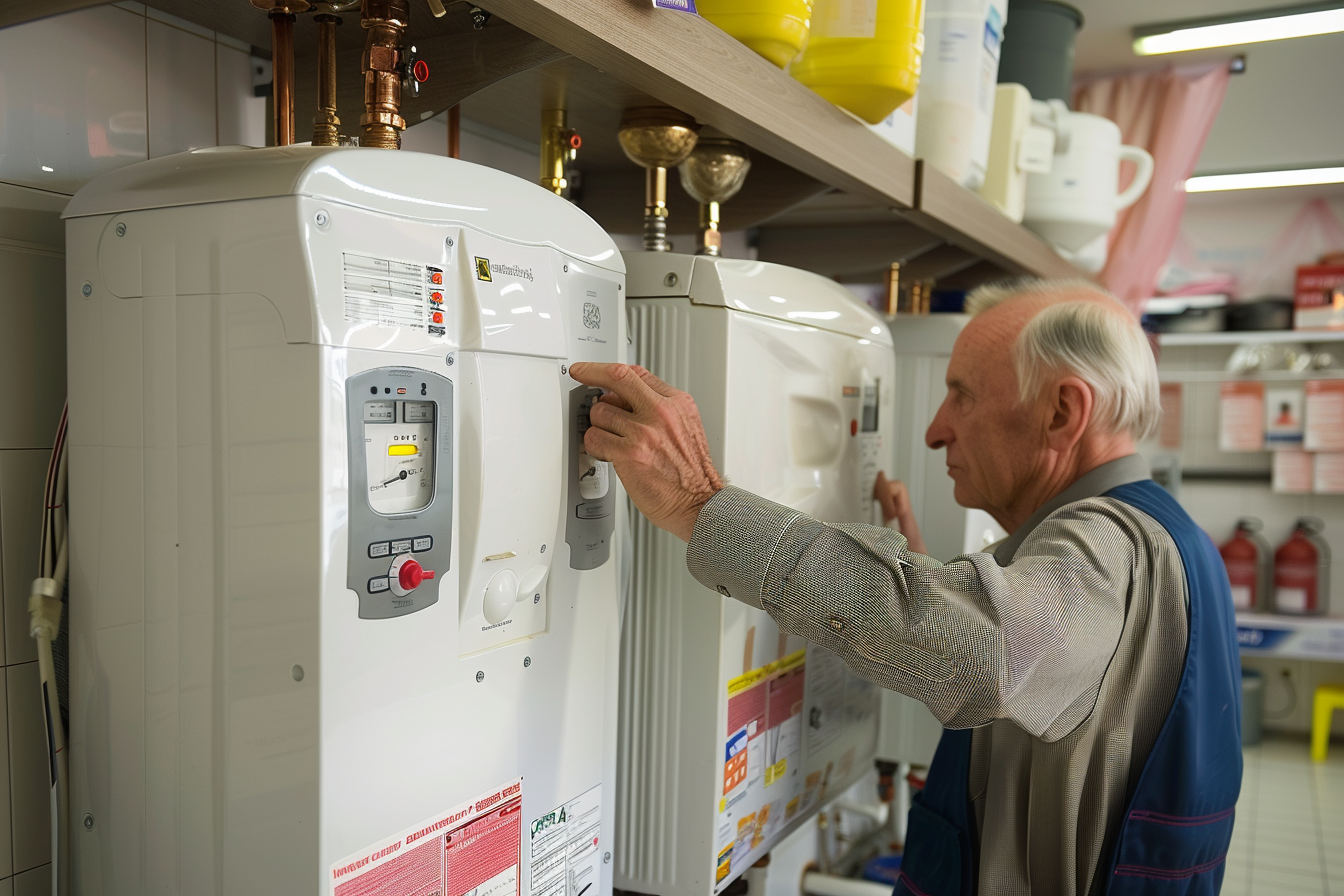Boiler Replacement Grants: A Guide for UK Residents
Boiler replacement grants have become a crucial resource for many UK households looking to upgrade their heating systems. These grants offer financial assistance to eligible individuals, helping them save money on energy bills and reduce their carbon footprint. This comprehensive guide will explore who qualifies for these grants, how to apply, and the best boiler options covered by government schemes.

Who is eligible for boiler replacement grants in the UK?
Boiler replacement grants are primarily targeted at low-income households and pensioners. Eligibility criteria often include:
-
Receiving certain benefits such as Pension Credit, Universal Credit, or Child Tax Credit
-
Being a homeowner or private tenant (social housing tenants are typically not eligible)
-
Having an inefficient boiler that is at least 7-10 years old
-
Meeting specific income thresholds, which can vary depending on the scheme
It’s important to note that eligibility criteria can change over time, so it’s always best to check the latest requirements with the specific grant scheme you’re interested in.
How can Brits save thousands on a new boiler?
Replacing an old, inefficient boiler with a modern, energy-efficient model can lead to significant savings on energy bills. Here are some ways UK residents can save money on a new boiler:
-
Apply for government grants: Schemes like the Energy Company Obligation (ECO) can provide partial or full funding for boiler replacements.
-
Take advantage of manufacturer discounts: Many boiler manufacturers offer seasonal promotions or cashback deals.
-
Consider installing during off-peak seasons: Prices may be lower during spring and summer when demand is lower.
-
Compare quotes from multiple installers: Getting several quotes can help you find the best deal.
-
Look into finance options: Some providers offer interest-free credit or low-interest payment plans.
Do pensioners and low-income households qualify for grants?
Yes, pensioners and low-income households are often the primary beneficiaries of boiler replacement grants. Specifically:
-
Pensioners receiving Pension Credit are likely to qualify for most schemes.
-
Low-income households receiving benefits like Universal Credit, Income Support, or Working Tax Credit may be eligible.
-
Households with children, disabled individuals, or elderly residents may receive priority.
-
Some schemes have specific provisions for those with certain health conditions that can be exacerbated by cold homes.
It’s worth noting that while these groups are often prioritized, exact eligibility can vary between different grant schemes and may change over time.
What is the step-by-step guide to claiming a boiler grant?
Claiming a boiler grant in the UK typically involves the following steps:
-
Check eligibility: Use online tools or contact your energy supplier to see if you qualify.
-
Gather necessary documents: Prepare proof of benefits, income statements, and property ownership.
-
Apply for the grant: This can often be done online or through your energy supplier.
-
Home assessment: If your application is successful, an assessor will visit to check your current boiler and heating system.
-
Receive grant confirmation: You’ll be informed of the grant amount you’re eligible for.
-
Choose an installer: Select an approved installer from the scheme’s list.
-
Installation: Schedule and complete the boiler installation.
-
Final checks: An inspector may visit to ensure the installation meets required standards.
Remember to keep all documentation throughout the process and don’t hesitate to ask questions if anything is unclear.
What are the best boiler options covered by government schemes?
Government schemes typically cover a range of energy-efficient boilers. Some popular options include:
-
Combi boilers: These provide both heating and hot water on demand, saving space and energy.
-
System boilers: Ideal for homes with multiple bathrooms and high hot water demand.
-
Condensing boilers: These recover heat from waste gases, making them highly efficient.
-
Biomass boilers: Running on renewable fuel, these are eco-friendly options sometimes covered by grants.
-
Air source heat pumps: While not boilers, these efficient heating systems are increasingly covered by some schemes.
| Boiler Type | Efficiency Rating | Estimated Annual Savings* | Typical Grant Coverage |
|---|---|---|---|
| Combi Boiler | A-rated (94%+) | £340 | Full or Partial |
| System Boiler | A-rated (90%+) | £300 | Full or Partial |
| Condensing Boiler | A-rated (92%+) | £320 | Full or Partial |
| Biomass Boiler | Varies | £960 | Partial |
| Air Source Heat Pump | 300-400% | £500 | Partial |
*Savings compared to an old G-rated boiler. Actual savings may vary.
Prices, rates, or cost estimates mentioned in this article are based on the latest available information but may change over time. Independent research is advised before making financial decisions.
How do boiler grants benefit UK households and the environment?
Boiler replacement grants offer multiple benefits to UK households and contribute to environmental sustainability:
-
Reduced energy bills: Modern, efficient boilers can significantly lower heating costs.
-
Improved home comfort: New boilers provide more consistent heating and hot water.
-
Enhanced property value: Energy-efficient heating systems can increase a home’s market value.
-
Reduced carbon emissions: Efficient boilers help lower household carbon footprints.
-
Support for vulnerable households: Grants ensure those most in need can access modern heating.
By facilitating the replacement of old, inefficient boilers, these grants play a crucial role in the UK’s efforts to reduce energy consumption and meet climate change targets.
In conclusion, boiler replacement grants offer a valuable opportunity for eligible UK residents to upgrade their heating systems, save money, and reduce their environmental impact. By understanding the eligibility criteria, application process, and available options, households can make informed decisions about their heating needs and take advantage of these beneficial schemes.




